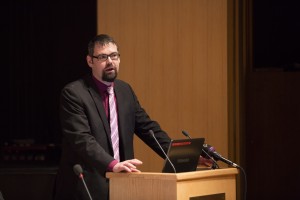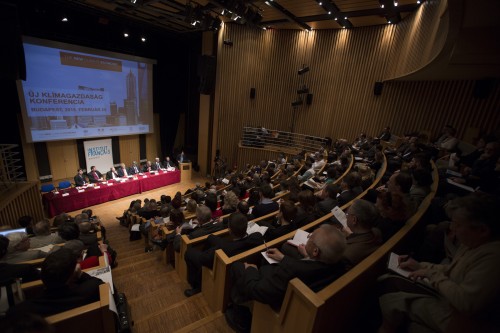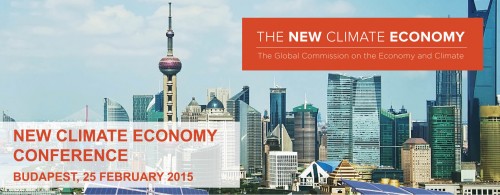5th March 2015 Budapest, Hungary
Climate Driving Economic Growth? – The New Climate Economy Conference in Budapest
Guest blog by Kriszti Kocsis, Senior Policy Officer (Energy, Climate and Environment) at the British Embassy in Budapest, organiser of the New Climate Economy Conference in Budapest.
The New Climate Economy Conference in Budapest on 25 February was a joint project of the Association of Hungarian Economists and the British, German and French Embassies. The event was unique in attracting a really exclusive line of speakers and in securing unusually high level of media interest. I do not exaggerate when I say that in many years, it was the first time that climate change was mentioned in a positive connotation in Hungary since the conference was discussing climate as a potential driver of economic growth. A novel approach to the subject which too often gets dismissed on the grounds that countries cannot afford it especially during recessionary times. The interest generated by the conference surprised even the organising team.
Let me share a few thoughts of mine in relation to the event and its subject. This is by no means a comprehensive report on the wealth of excellent presentations and panel discussions. Only my subjective highlights.
I think the reason for the extraordinary interest in the subject was that we raised the issue at the right time. Not just because the EU and the UN will lay down the foundations of the future climate regime this year (and through it the future energy landscape and economic development path). For Hungary, the choice of managing the transition to a low carbon economy in a cost effective way is an obvious good. The alternative is to react too late and spend much more than would have been the case if the process was designed and managed by today’s decision makers. As Dimitri Zenghelis of the London School of Economics put it, we have a choice of how our economies will look like in the future. If we lock-in high carbon development and not factor in low carbon solutions in time, we will end up with a much more expensive infrastructure to operate and a pressing need to retrofit or replace them expensively to stay competitive. So Dimitri’s advice was to design and manage change to avoid chaos, unmanageable costs and loss of competitiveness. He also said that the question was not whether the transition would happen, but how we manage it. The New Climate Economy report provides a blueprint for policy makers on how to get started. It is in the form of a 10-point action plan based on extensive international collection of evidence and best practice examples.
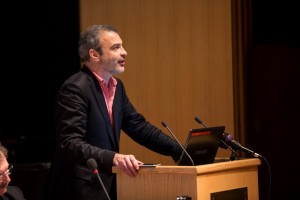
By all means, the most waited for speaker was János Pásztor, the recently appointed UN Assistant General Secretary on Climate Change. We were extremely privileged to have him come to the Budapest conference just a few days after taking his new office. He mentioned the article by Richard Branson, the founder of Virgin Group and Paul Polman, the CEO of Unilever titled ‘Fight climate change and make money’. You can hardly find a better match with the conference topic. The authors argue on behalf a other global business leaders that policy makers should set a goal of net zero greenhouse gas emissions by 2050 as part of the climate agreement in Paris at the end of this year. According to the authors, such an ambition would prompt a market-based race to the top. And the transition will create jobs and growth. Similarly to the New Climate Economy project, the authors argue that the world will spend the same amount of money (US 90 trillion) on infrastructure in the next 15 years, regardless whether it will be spent in a low carbon way or not. If we spend it wisely, we can make money on the way and avoid huge, unavoidable and unmanaged costs later.
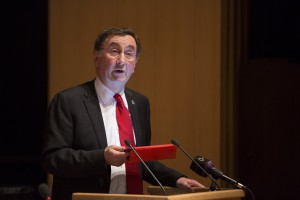
My all time favourite speaker is László Varró of the International Energy Agency. I am a big fan of his lectures and presentations. I was particularly glad that he accepted Ambassador Knott’s invitation. He did a lot of myth-busting for example by pointing out that countries that we normally not consider the champions of green growth are actually making big strides in transforming their economies. Having said that, I think Hungary really should not wait to raise its ambitions until each and every country commits to a binding global climate agreement. The technologies are available and have made a remarkable progress along the learning and cost curves in the past decade.
